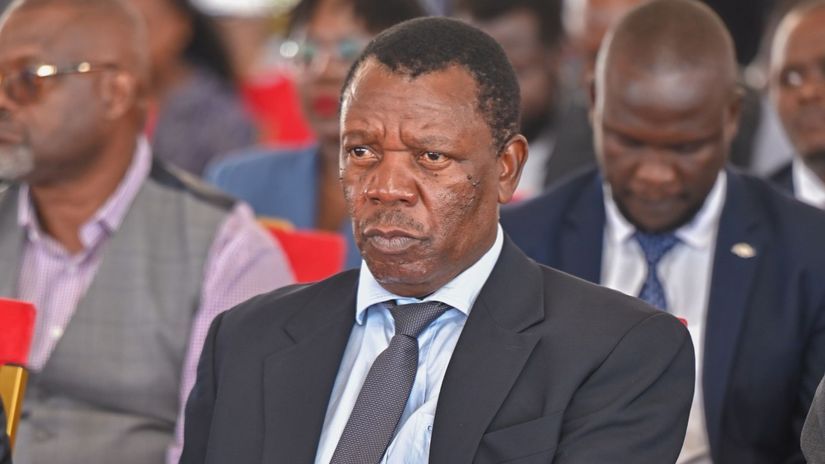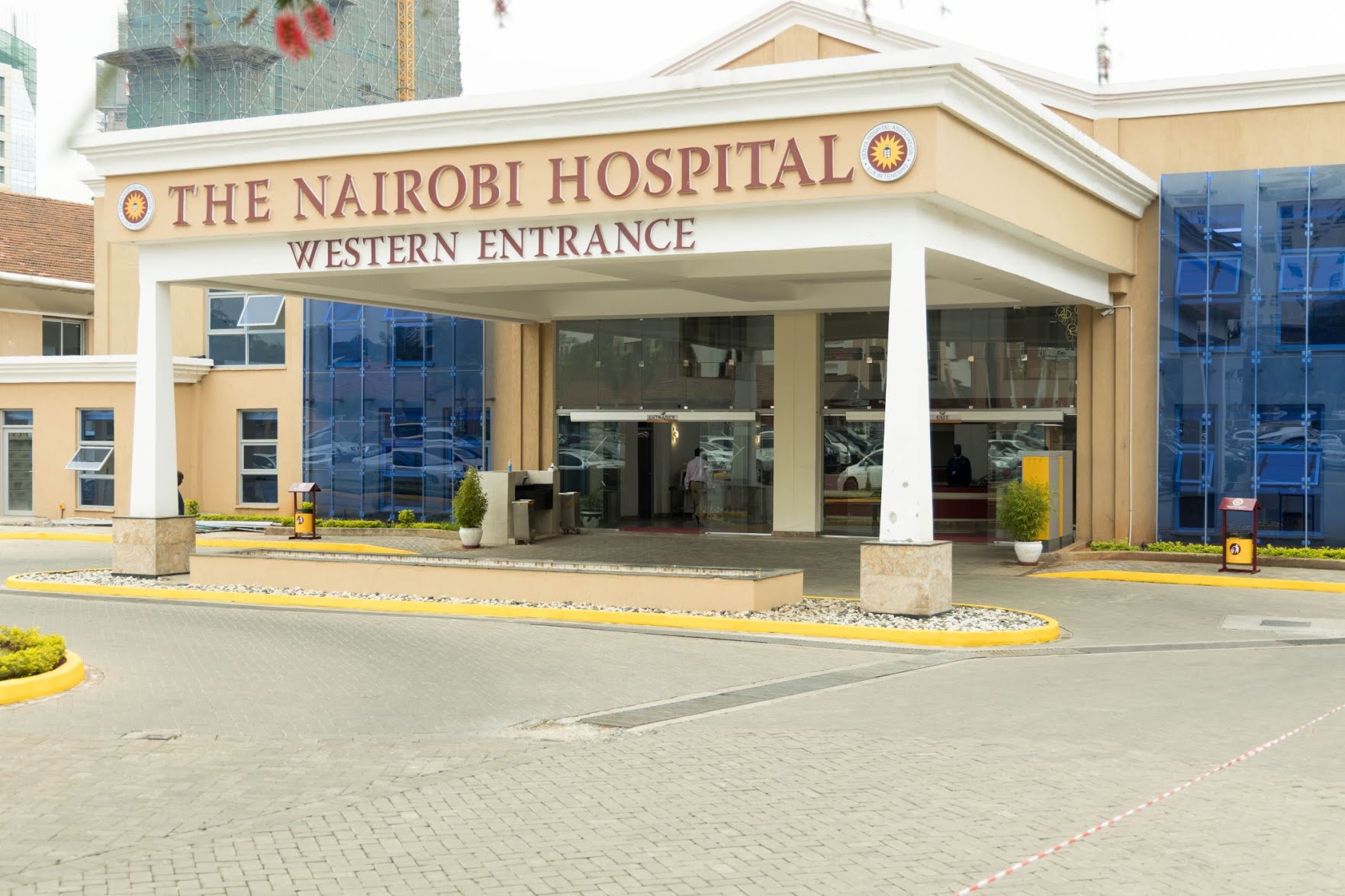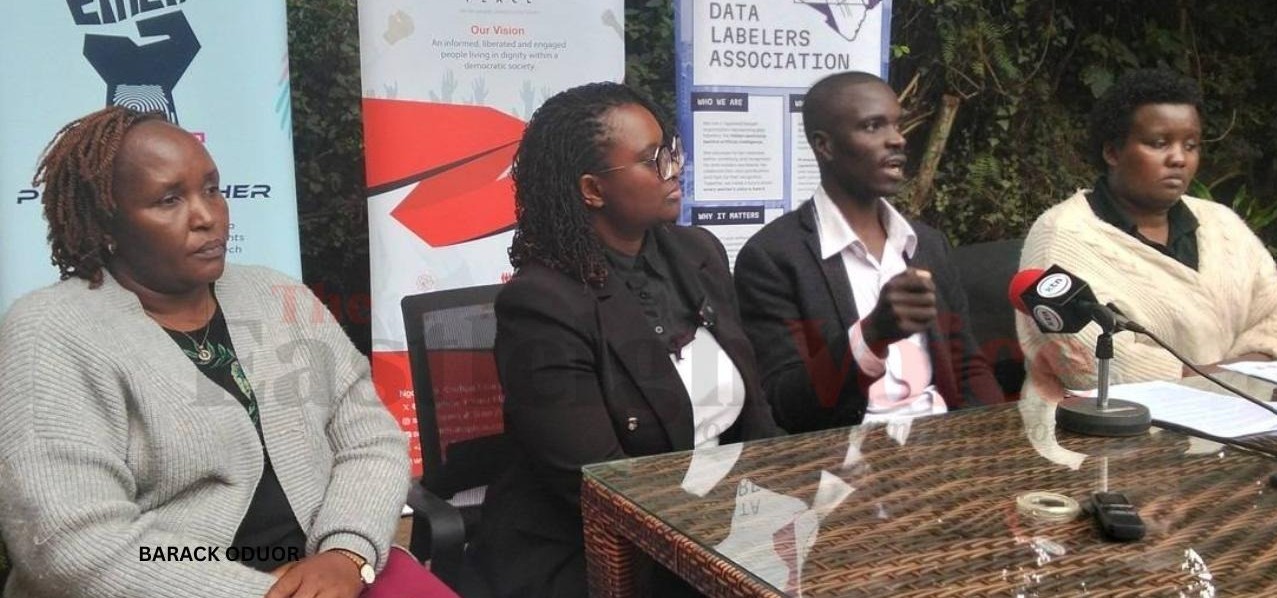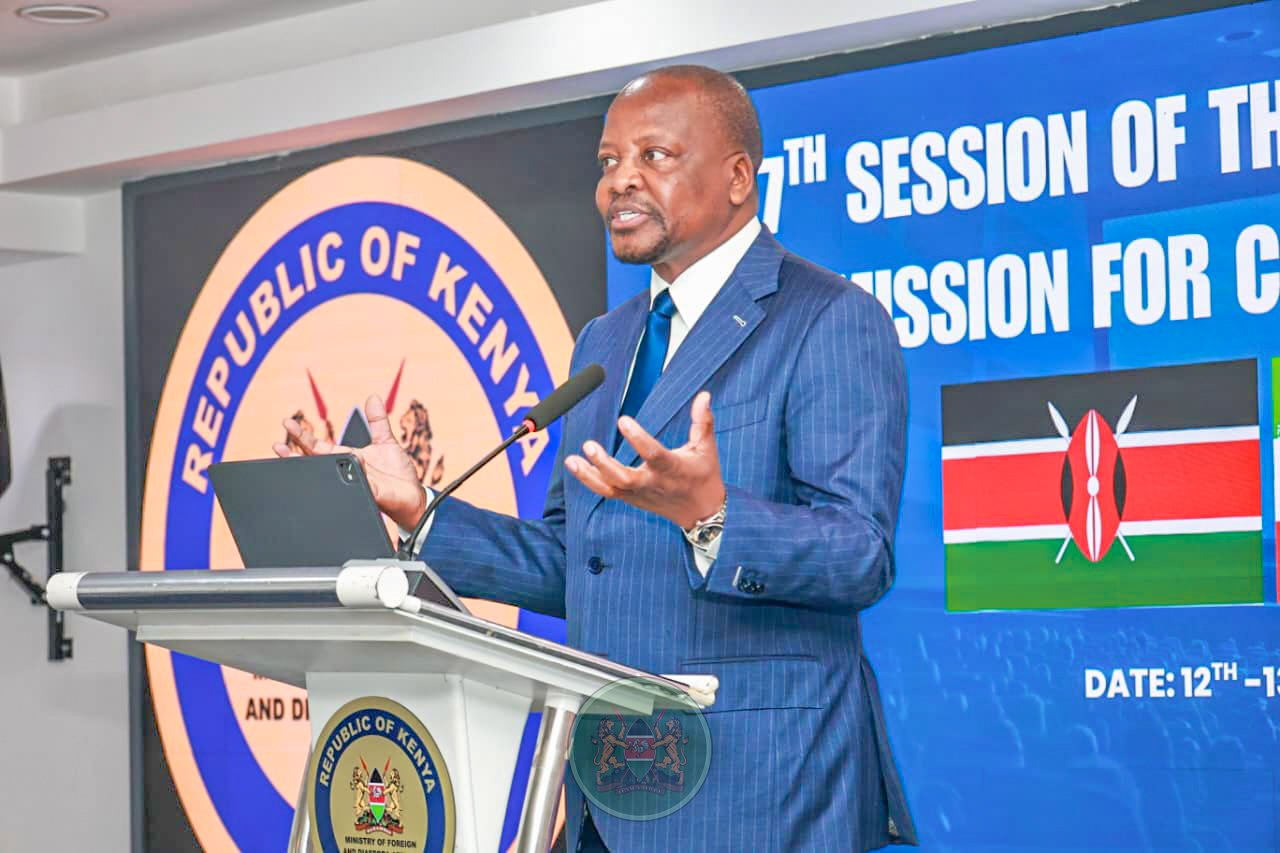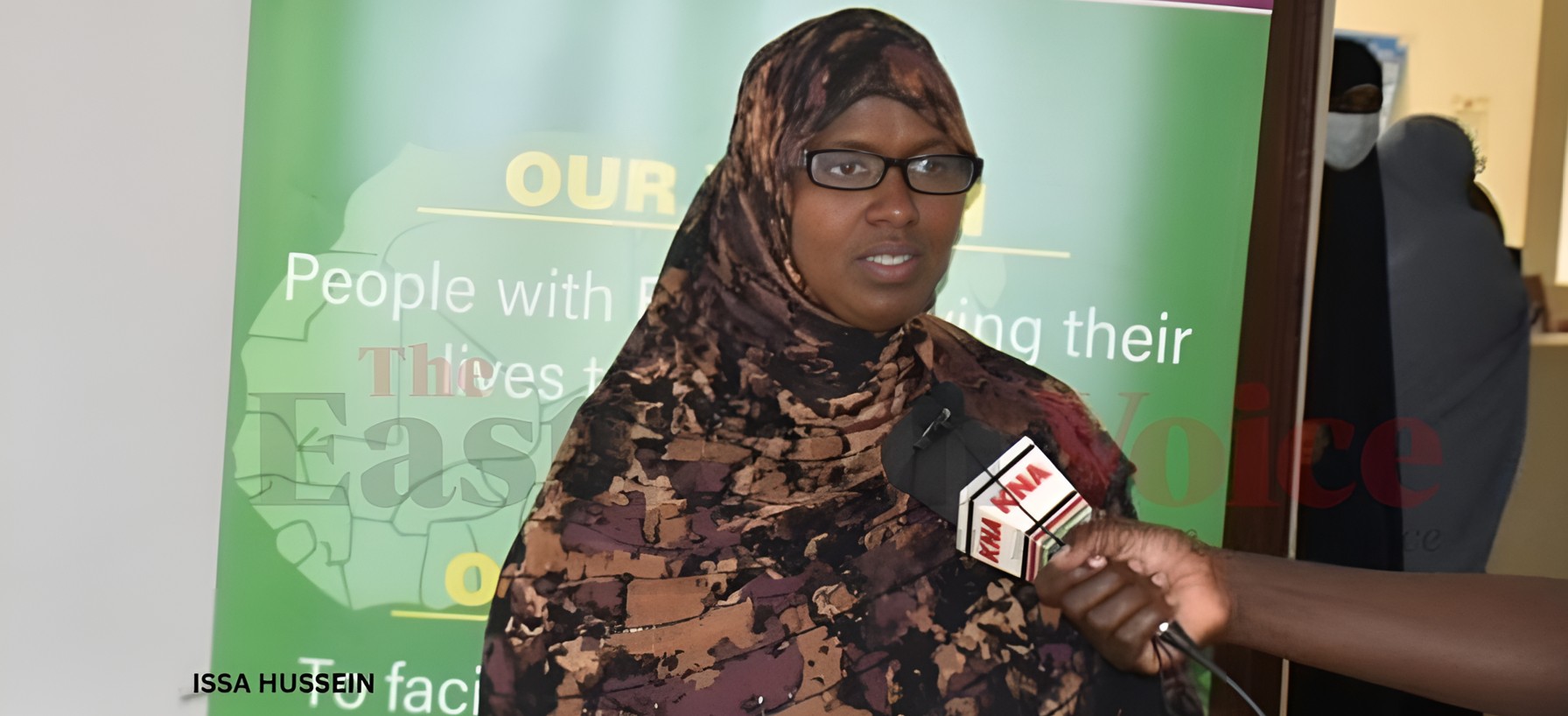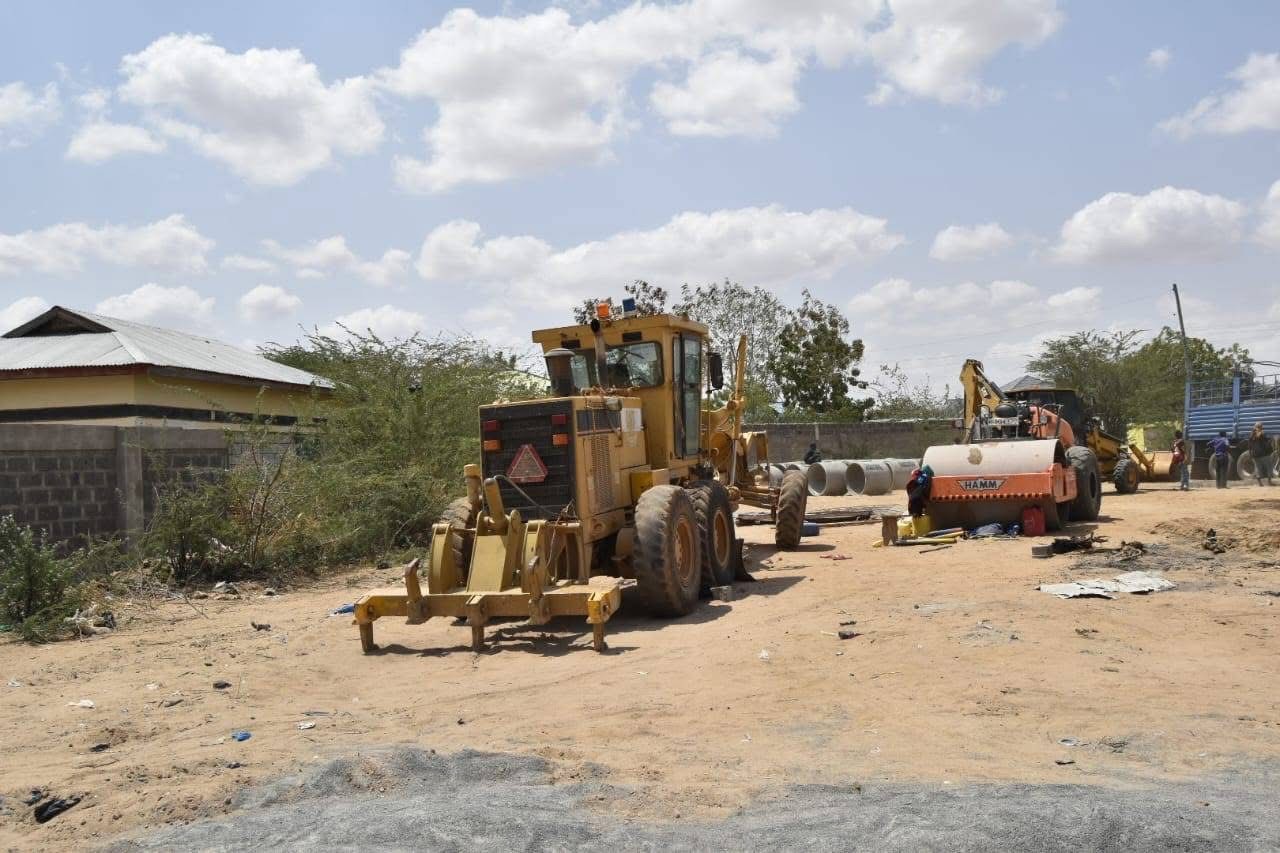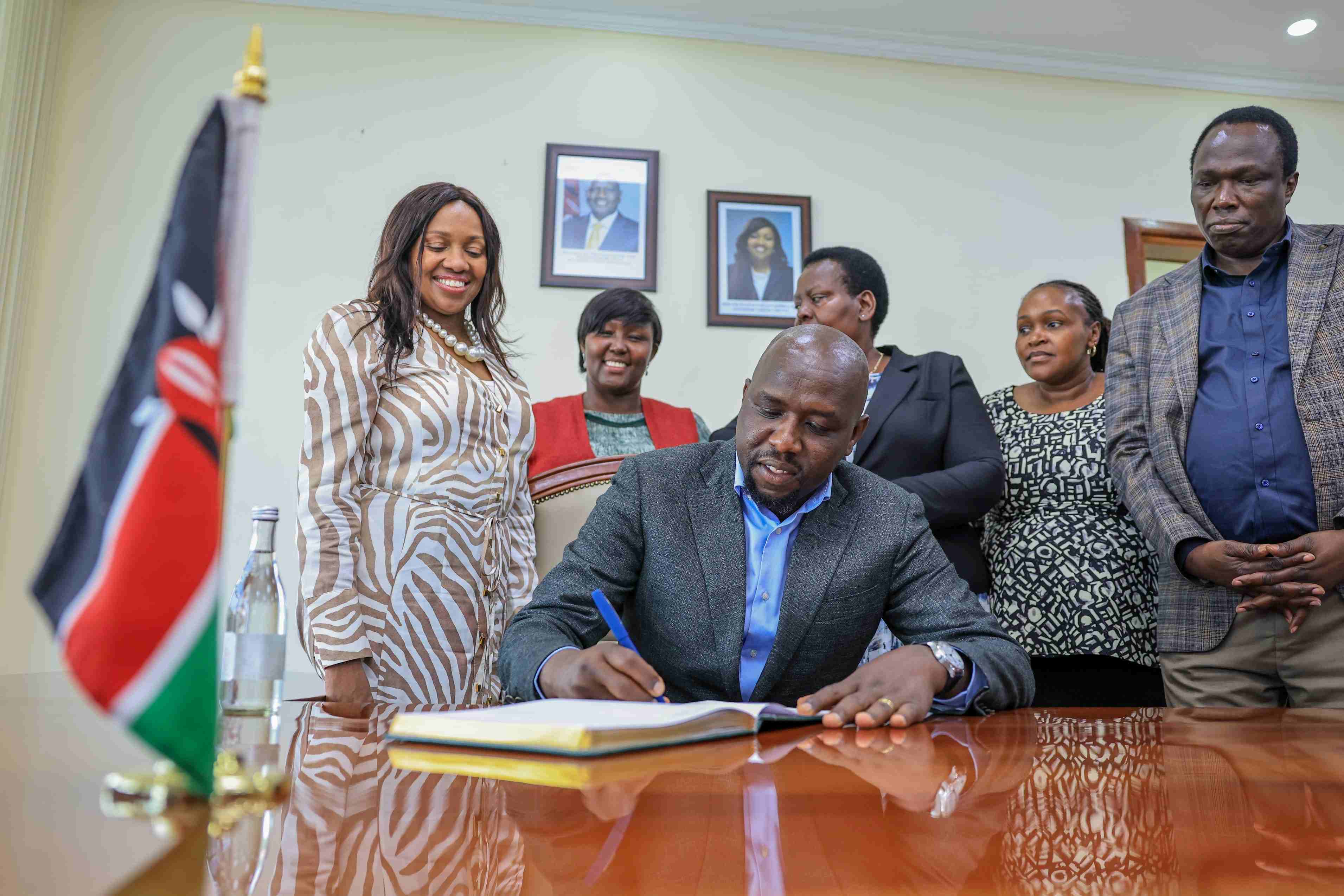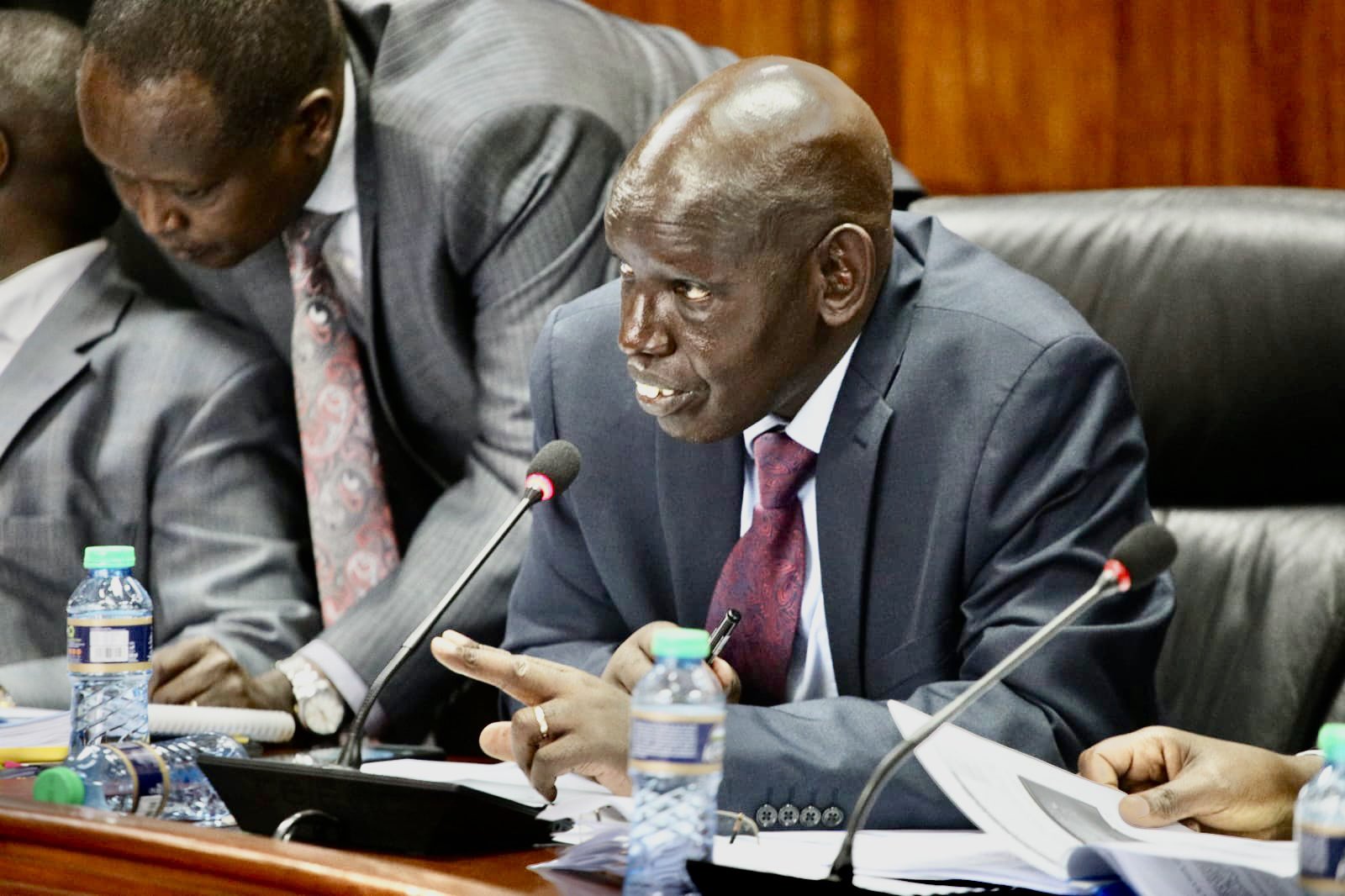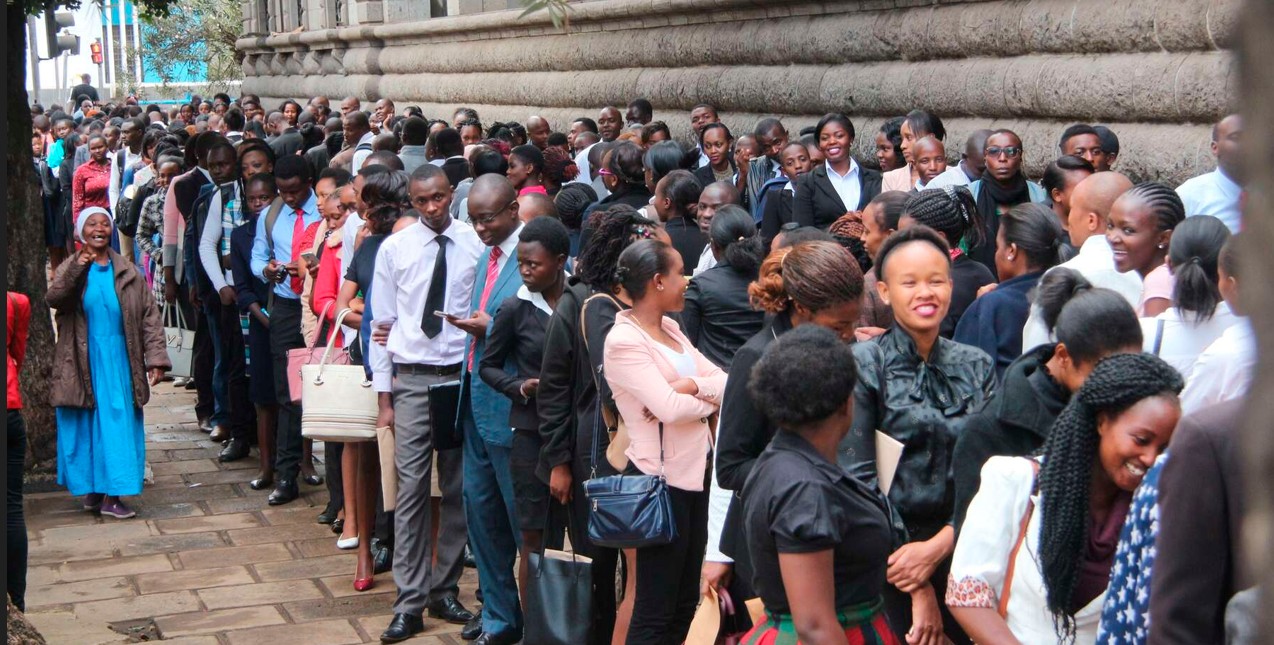Defence CS says KDF’s pay-as-you-eat policy won’t affect soldiers on missions or in training
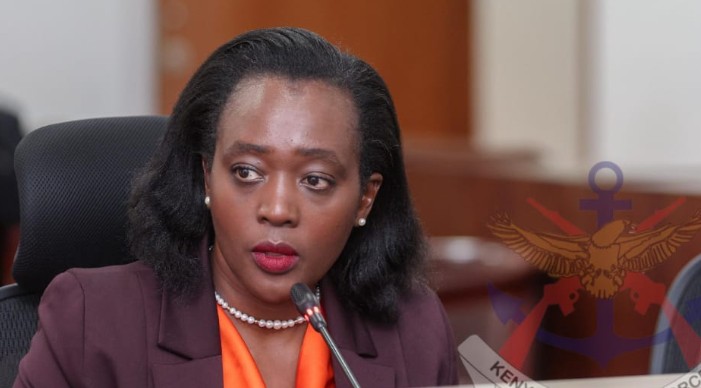
Under the new system, soldiers will pay for their meals in cash or via salary deductions, a policy the Ministry says is designed to improve efficiency, reduce food waste, and make military catering more cost-effective.
Only Kenya Defence Forces (KDF) soldiers stationed in barracks will be required to pay for their meals under the new pay-as-you-eat policy, the Ministry of Defence has clarified.
Defence Cabinet Secretary Soipan Tuya told Parliament that the change does not affect soldiers deployed on peace missions, active operations, or in training centres.
More To Read
- KDF introduces controlled meal payments to curb loan collateral use
- Defence CS Soipan Tuya urges Kenyans to protect stadiums ahead of CHAN tournament
- Court freezes payout to four civilians shot by KDF, directs Defence Ministry to deposit Sh7.9 million
- Appeal court stops Sh7.9m payout to Garissa residents who sued State over alleged military shooting
- Kenya Cup 2025: KDF, GSU, KPA, and Kenya Prisons storm into men’s volleyball semifinals
- Israel to fund part of Kenya’s military modernisation with Sh3.4 billion loan
Appearing before the National Assembly’s Defence, Intelligence and Foreign Relations Committee on Tuesday, Tuya explained that the policy applies solely to those based in barracks.
“There have been murmurs out there and some have even used this matter politically. Take this opportunity to address this matter,” Committee Chairperson Nelson Koech said.
Tuya stressed that the initiative is not new, describing it as a replacement of the previous free lunch arrangement, which had already been scaled back in 2000 when soldiers began receiving a ration cash allowance instead of breakfast and dinner. Lunch is now the final meal to be affected.
“The pay-as-you-eat is a policy by the ministry, it is not new. It has been there. It is the substitution of free lunch that has been done internally. Public participation was sufficiently done internally,” she told legislators.
When asked whether the change went through public participation as required by law, Tuya said consultations were conducted internally with relevant stakeholders. The committee, however, requested a formal report confirming whether soldiers and other affected personnel supported the move.
Soldiers’ morale
Kajiado Central MP Memusi Kanchori questioned whether the change could harm soldiers’ morale.
“How is it being done? Is it affecting our soldiers’ morale?” he asked.
Tuya assured MPs that morale would not be affected, noting that allowances for those impacted had been increased.
“It does not affect the morale of our soldiers. It only affects those in peaceful areas. The personnel in hostile areas, peace operations and those in training continue to enjoy the package,” she said.
Cash or salary deductions
Under the new system, soldiers must pay for meals either in cash or through salary deductions. The Ministry says the policy is aimed at improving efficiency, cutting food wastage, and making military catering more cost-effective.
The ration cash allowance system introduced in 2000 replaced breakfast and dinner, leaving lunch as the only remaining subsidised meal. From July 1, soldiers in barracks began paying for lunch after a subsidy programme ended on June 30.
A Kenya Army headquarters directive dated June 23, signed by Chief of Logistics Brigadier Eric Nzioki Kitusya, outlined the rollout plan.
“The implementation of the subject program is scheduled to commence on 01 July 2025. In this regard, authority is granted to you to demand for Ration Scale Four (four) for fourteen (14) days with effect from July 1, 2025, for use as seed capital for the programme. Your demands to reach this Headquarters not later than June 25, 2025,” the letter read.
Revolving fund
The directive further stated that proceeds from the initial rations would form a revolving fund managed by pay-as-you-eat committees to keep the programme running.
“Please note that it is envisaged that the proceeds of the seed capital will form a self-sustaining revolving fund to be administered by the pay-as-you-eat management committees to oversee the operation of the messing facilities,” the letter added.
Military units have been instructed to use existing kitchens and dining halls for the programme, with commanders leveraging current communication channels to support implementation.
Any additional resources will be provided progressively during the 2025/26 financial year.
Top Stories Today
